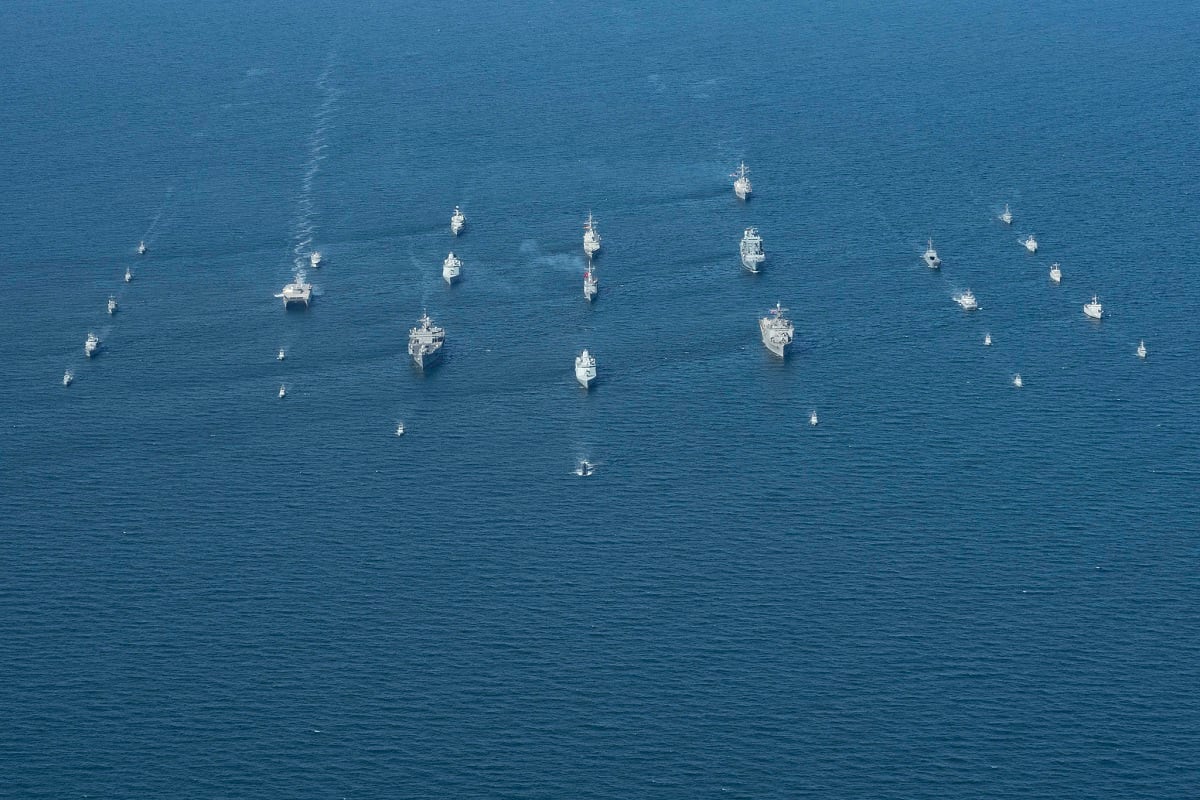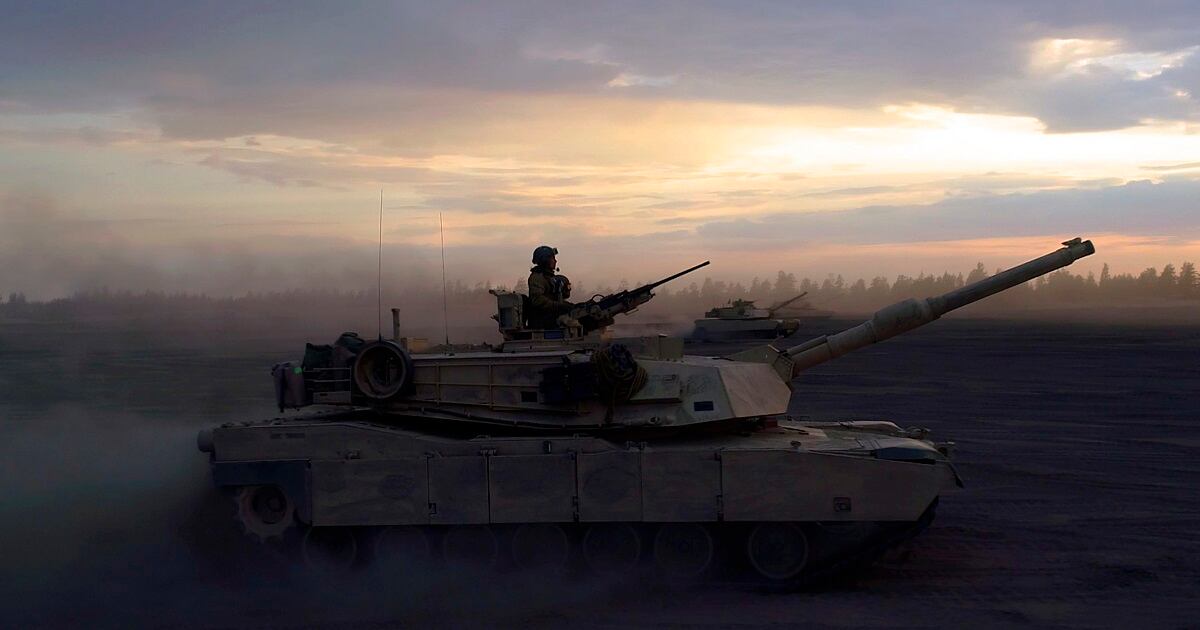Russia just can’t let it go that Norway recently decided to invite several hundred more Marines to the region for cold-weather training.
Last week, the Russian Embassy in Norway warned of consequences and on Friday, Foreign Ministry spokeswoman Maria Zakharova claimed the Corps’ presence in the Arctic country may, in fact, be an attack.
Norway recently agreed to boost the number of Marines in the country from 330 to 700 and opened a second training area closer to the Russian border in the Troms region.
Russia argues Oslo’s decision is in violation of agreements the Scandinavian country made when it joined NATO in 1949. Norway agreed not to base permanent foreign forces in the country unless threatened or attacked.
“But what attack is it possible to talk about today? As is known, top-level Norwegian officials have repeatedly noted that Russia presents no threat,” Zakharova said. “Considering the fact that US Marines are deployed in Norway, perhaps it is the United States that has attacked this country?”

The Marine Corps has been sending a small rotational force of about 300 Marines to the Arctic country for extreme cold-weather training.
The Commandant of the Marine Corps Gen. Robert B. Neller, has often said that the Corps has been out of the cold-weather business for a long time, and the top Marine has openly pursued increasing cold-weather training opportunities in Norway.
Currently, a handful of Marines with 1st Battalion, 6th Marine Regiment are in Norway for a six-month rotation. It is the Corps’ third iteration to the Arctic nation since re-starting cold-weather training in the region.
On June 12, Neller told audience members at the Naval War College in Rhode Island that the Corps would send 300 Marines currently in Romania to Norway.
“Arguments that US forces are rotated, rather than permanently deployed, should mislead no one because service personnel will, nevertheless, be permanently stationed on a rotation basis. This should be clearly understood,” Zakharova said.
RELATED

Analysts contend the Corps’ presence in Norway is a deterrence force should Russia decide to launch an attack. The Corps has been storing gear in a series of caves in Norway to equip a Marine Air-Ground Task Force if a war were to break out on the European continent.
In the fall, Norway will host one the largest NATO exercises known as Trident Juncture. The exercise will involve up to 40,000 participants.
Shawn Snow is the senior reporter for Marine Corps Times and a Marine Corps veteran.




